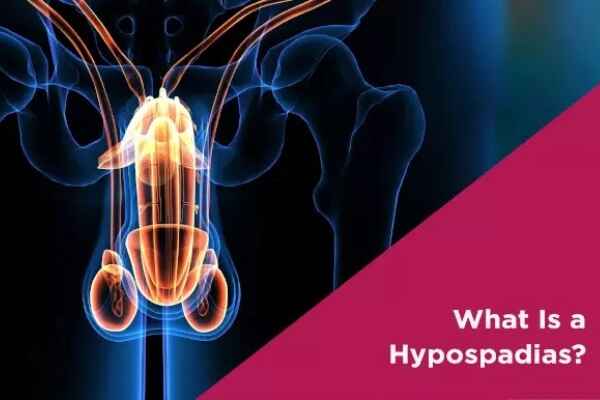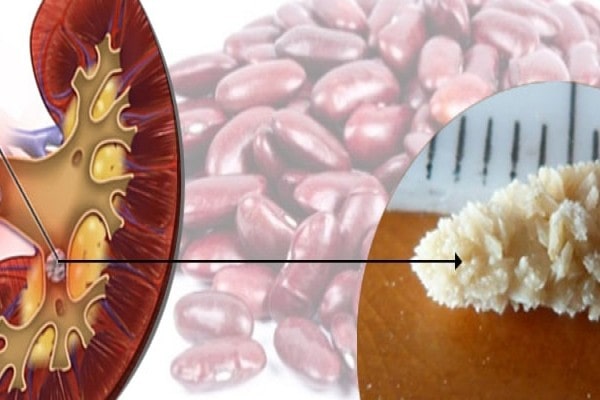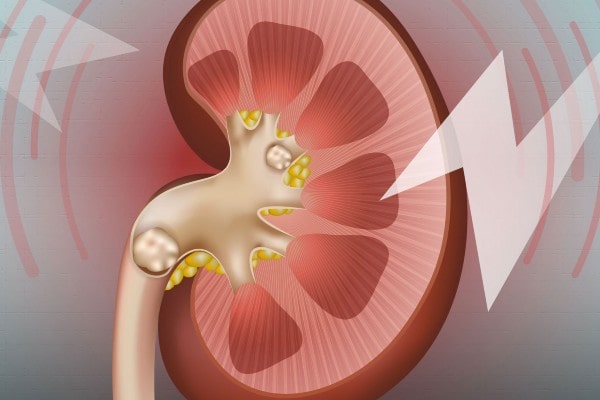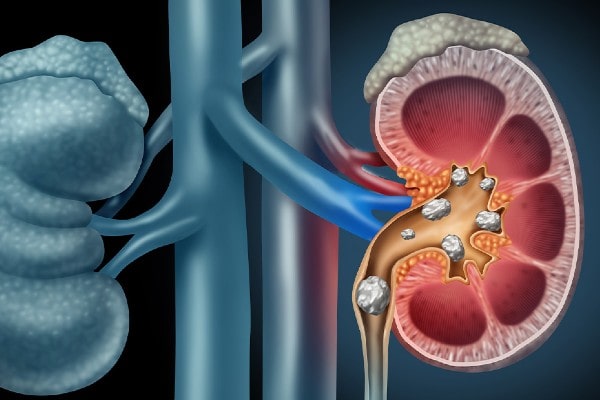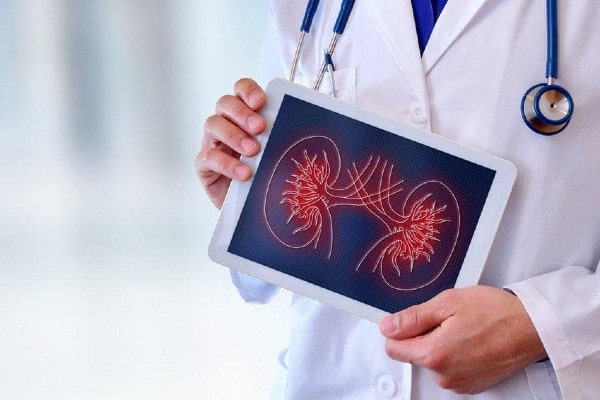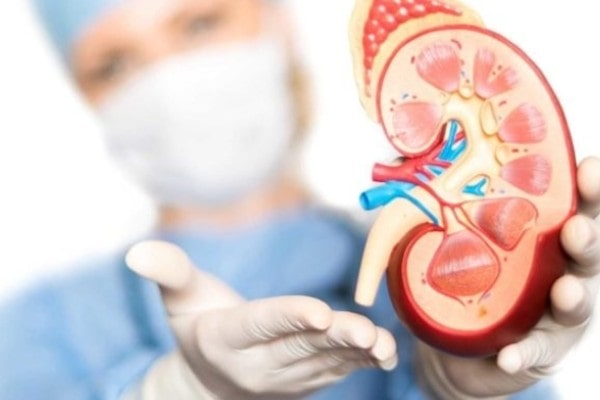
Understanding Urinary Incontinence:
Urinary incontinence refers to the involuntary leakage of urine, which can range from occasional dribbles to complete loss of bladder control. It's important to recognize that urinary incontinence is not a disease itself but rather a symptom of an underlying issue. There are several types of urinary incontinence, including stress incontinence, urge incontinence, overflow incontinence, functional incontinence, and mixed incontinence. Each type has its own distinct causes and characteristics.
Causes of Urinary Incontinence:
Urinary incontinence can be caused by various factors, including:
- Weak Pelvic Floor Muscles: Weakness in the muscles that support the bladder and control urination can lead to stress incontinence, particularly in women, often associated with childbirth or aging.
- Overactive Bladder Muscles: When the muscles of the bladder contract involuntarily, it can cause a sudden and urgent need to urinate, known as urge incontinence.
- Nerve Damage: Conditions such as diabetes, multiple sclerosis, or spinal cord injuries can damage the nerves that control bladder function, leading to urinary incontinence.
- Prostate Issues: In men, enlargement of the prostate gland or prostate surgery can disrupt urinary function and contribute to incontinence.
- Medications: Certain medications, such as diuretics, sedatives, or muscle relaxants, can affect bladder control and contribute to urinary incontinence.
Symptoms of Urinary Incontinence:
The symptoms of urinary incontinence can vary depending on the type and severity of the condition. Common symptoms include:
- Leakage of urine during coughing, sneezing, or physical activity (stress incontinence).
- Sudden, intense urge to urinate followed by involuntary leakage (urge incontinence).
- Frequent urination, especially at night (nocturia).
- Difficulty emptying the bladder completely.
- Bedwetting (enuresis) in children or adults.
Impact of Urinary Incontinence:
Urinary incontinence can have a significant impact on an individual's quality of life, affecting their physical, emotional, and social well-being. Some of the common impacts include:
- Social Withdrawal: Fear of embarrassment or stigma can lead to social isolation and withdrawal from social activities, impacting relationships and overall mental health.
- Decreased Quality of Life: Constant worry about leaks and accidents can cause anxiety, depression, and decreased self-esteem, affecting daily activities and enjoyment of life.
- Skin Issues: Prolonged exposure to urine can irritate the skin, leading to rashes, infections, and discomfort.
- Sleep Disturbances: Nocturia, the need to urinate frequently at night, can disrupt sleep patterns, leading to fatigue and daytime drowsiness.
- Limitations on Activities: Fear of leakage can restrict participation in physical activities, exercise, or travel, leading to a sedentary lifestyle and its associated health risks.
Contacting a Specialist:
If you or someone you know is experiencing symptoms of urinary incontinence, it's essential to seek professional medical advice for proper diagnosis and treatment. Dr. Kalyan Kumar A.V is renowned as one of the best urologists in Secunderabad, Hyderabad, with expertise in diagnosing and treating urinary incontinence and other urological conditions. With compassionate care and state-of-the-art treatments, Dr. Kalyan Kumar A.V and his team are dedicated to helping patients regain bladder control and improve their quality of life.
















